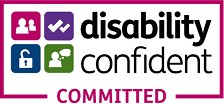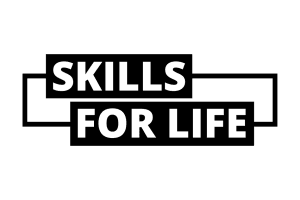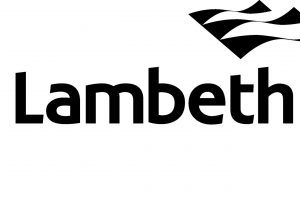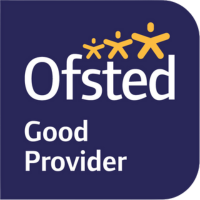Building Unconscious Competence
by Aysel Mehdiyeva
We believe the most significant goal should be to focus on changing our consumption patterns, rather than solely transitioning to more sustainable food or transportation options. Instead of just advocating for a switch to electric cars, we should first consider how we can reduce the need for driving altogether. The question we must ask is: do we have evidence that simply replacing all cars with electric ones would eliminate the environmental challenges we face, or would many of the same issues persist? While adopting sustainable technologies is important, it won’t lead to meaningful change unless we also address the underlying habits that drive overconsumption and unsustainable behaviours. Without a shift in mindset and daily practices, these technological solutions may only offer temporary fixes rather than lasting, systemic improvements.
With this in mind, Burch’s model for learning new skills developed in 1970s, clearly aligns with our sustainability projects and we design our sustainability projects to guide our learners through the four stages of development – from unconscious incompetence to unconscious competence.
1. Unconscious Incompetence – I don’t know what I don’t know about sustainable living and environmental protection: At this initial stage, learners are unaware of their lack of understanding regarding environmental protection. They may not recognize the impact of their actions on the environment or the importance of sustainable practices. This stage is crucial because recognizing a gap in knowledge is the first step toward meaningful learning and behaviour change.
2. Conscious Incompetence – I know what I don’t know about sustainable living and environmental protection: Here, learners become aware of what they do not know. They start to understand the impact of actions like carbon emissions and waste generation on the planet but may still lack the skills to change their behaviours. This awareness is vital as it drives the motivation to learn and adopt sustainable practices.
3. Conscious Competence – I have developed new skills in sustainable living and environmental protection and use them with effort: At this level, learners have acquired knowledge and skills in environmental protection, such as reducing waste, conserving energy, or understanding carbon footprints. However, they need to consciously think about these practices to apply them effectively. The importance of this stage lies in practising and internalizing sustainable actions.
4. Unconscious Competence: I have acquired new skills in sustainable living and environmental protection and use them effortlessly: In the final stage, sustainable practices become second nature to learners. They automatically make environmentally conscious decisions without having to think about them. Achieving unconscious competence in environmental protection is crucial, as it signifies a long-term commitment to sustainability and a lasting impact on environmental conservation.
Through this approach, we aim to make sustainable practices the default mindset across all aspects of our institution and community.









